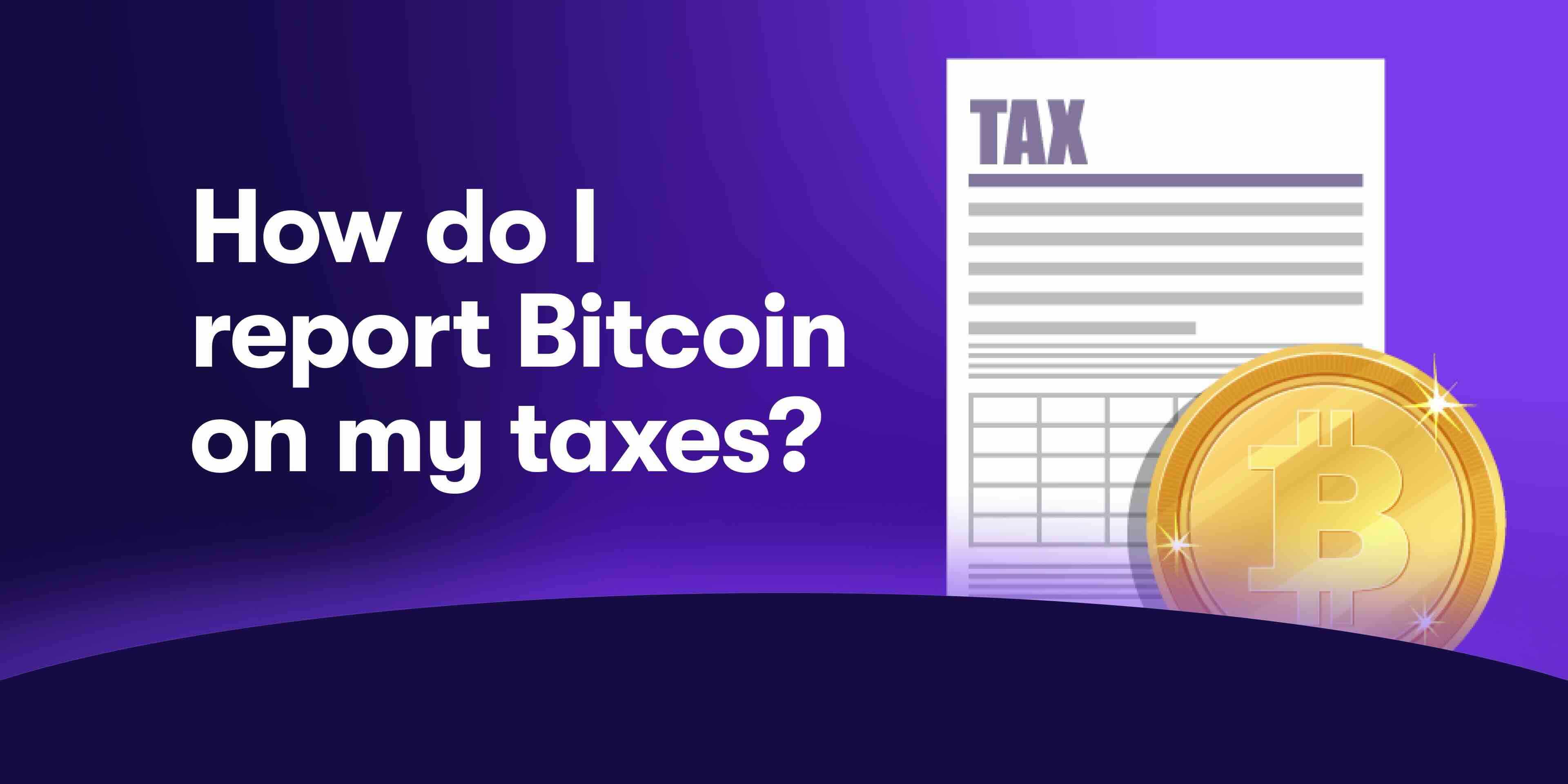Is crypto taxed in Japan?
In short, yes, crypto is taxed in Japan. In Japan, cryptocurrency is viewed as property, and the profits from cryptocurrency are taxed as miscellaneous income (zatsu-shotoku) by the NTA.
How is crypto taxed in Japan?
The NTA has set out specific guidelines around the taxation of cryptocurrencies, such as Bitcoin. These guidelines can be downloaded in PDF form here.
The crypto transaction examples provided below are likely to constitute a taxable event under miscellaneous income:
- selling cryptocurrency for fiat currency, i.e., selling BTC for YEN
- exchanging crypto for another crypto, i.e., exchanging BTC for ETH
- paying for goods and/or services
- receiving payment in cryptocurrency
- receiving rewards from mining, staking and liquidity pools
- new coins from DeFi-related activities
- trading NFTs for crypto or fiat currency
- receiving airdrops, interest and bonuses
To calculate total miscellaneous income attributed to crypto-related activities, the total of all profits from these events during the tax year will need to be calculated using the value in Yen at the time of the transaction. This process can be extremely tedious and time-consuming for crypto investors who have a lot of these transactions. Crypto tax software can help to automate this process.
Crypto Tax Rate in Japan
Japan has a progressive tax rate system for income which includes miscellaneous income. The tax rate varies between 5% to 45% on total income depending on the individual’s income tax bracket. It’s important to note that a mandatory inhabitant tax of 10% is applied to all tax rates. Therefore, the effective tax rate in Japan is between 15% and 55%, and individuals may pay up to a 55% maximum of their income in tax. Additionally, Japan incorporates employment income deductions which can affect the tax an individual will pay.
Tax Rate (%)Taxable Income Bracket (¥)Deduction Amount (¥)50 – 1,950,0000101,950,001 – 3,300,00097,500203,300,001 – 6,950,000427,500236,950,001 – 9,000,000636,000339,000,001 – 18,000,0001,536,0004018,000,001 – 40,000,0002,796,00045>40,000,0014,796,000
For example, based on the above, if an individual earns a total income of 10,000,000 yen, then the total tax payable is 10,000,000*0.33 - 1,536,000 = 1,764,000 yen.
Non-taxable crypto transactions
There are some transactions that are not taxable under the NTA’s current tax guidelines for cryptocurrency. These transactions include:
- buying cryptocurrency with fiat currency, i.e., exchanging YEN for BTC
- transferring crypto assets between wallets
Calculating your crypto tax
To calculate gains earned on crypto, an individual must first calculate the purchase price for crypto sold or disposed of. There are currently two cost-basis methods recognised by the NTA:
- Moving average method (MAM)
- Total average method (TAM)
The MAM considers the total cost for all assets of the same type in possession and uses this to find the average cost of each unit. When the average unit cost is established, each disposal's cost basis or acquisition cost can be found directly. This method also referred to as Average Cost (AVCO) is supported by Crypto Tax Calculator under the Setting | Inventory Method.
The TAM is similar to the aforementioned method; however, the primary difference is that this method considers the total acquisition cost of all units of the same type during the entire financial year. To reiterate, the MAM only considers the acquisition cost of the actual holdings at the time of disposal. This method is not currently supported by Crypto Tax Calculator.
It is important to note that all Japanese businesses dealing with cryptocurrency must use the Moving average method for calculating profits and losses.
Unsurprisingly, many find calculating their returns overwhelming, especially if you have a significantly high transaction volume. We recommend turning to crypto tax software, like Crypto Tax Calculator, to not only improve the accuracy of your tax calculations but save hours in time expended.
Capital Losses: A crypto loss cannot be deducted from income or other assets. At this point in time, only losses from real estate, business, asset transfers and forestry income can be deducted from income. Cryptocurrencies do not fit into any of these categories.
When is Japan’s tax deadline?
The Japanese financial year runs from 1 January to 31 December every year. Individuals can file tax reports between 16 February and 15 March.
Does the NTA know about my crypto holdings?
Despite popular belief, cryptocurrency is extremely easy to track and is not as anonymous as many believe. Due to much stricter regulation around cryptocurrency exchanges and digital asset investment, almost all exchanges require users to complete a ‘Know-Your-Customer’ (KYC) identification application before the account can be used to purchase crypto. If you have signed up for any exchange which required this check, it is highly likely that the NTA has access to your user record from that exchange. Withdrawals to external wallets can also be tracked, and it is a simple process to follow the money trail from an exchange account to external wallets due to the availability of data on public blockchains.
Japanese cryptocurrency exchanges are required to report any transactions of over 50,000 yen to the Taxation Office. As such, the NTA may contact individuals directly if they suspect any unreported transactions or believe the taxpayer has underpaid their taxes.
When engaging in cryptocurrency transactions in Japan, it is important to know the applicable tax laws and to ensure that all tax obligations are fulfilled within the prescribed deadline.
How to report your crypto earnings?
Individuals can file their taxes online or via paper forms.
For online, follow the instructions below:
- Sign in or register an account with the NTA
- Navigate to Relevant Income and then select Salary
- Select Miscellaneous Income
- Answer Yes or No to "Do you wish to receive deductions for your home?"
- Select the e-Tax number for your submission method or sync with the My Number Portal Website
- Enter the amount of Miscellaneous Income in JPY and the Profit Amount (indicating the total profits gained or lost)
- Select Crypto Asset from the drop-down list of categories
- Enter the name of the exchanges used and the corresponding legal addresses
For paper forms, use Form A. Please note that you can only use Form A if you have employment income, miscellaneous income, and no estimated tax prepayment.
How Crypto Tax Calculator Can Help
Manually maintaining records of all of the above doesn’t sound like much fun, does it? Spoiler: it’s not. That’s where we come in! Our crypto tax calculator software can help you aggregate your crypto transaction data to help calculate any gains, losses, income and/or expenses. As an added bonus, we’ve worked with tax professionals from Japan to ensure our platform follows your region’s guidelines.
Once you’ve imported all your data to form a complete overview of your trading history, you’ll be prompted to reconcile any outstanding lines. After those are reconciled, you’ll have the option to download reports showing these values clearly. These reports and the information included will give you the amounts needed to complete your yearly tax return for the NTA.
The information provided on this website is general in nature and is not tax, accounting or legal advice. It has been prepared without taking into account your objectives, financial situation or needs. Before acting on this information, you should consider the appropriateness of the information having regard to your own objectives, financial situation and needs and seek professional advice. Crypto Tax Calculator disclaims all and any guarantees, undertakings and warranties, expressed or implied, and is not liable for any loss or damage whatsoever (including human or computer error, negligent or otherwise, or incidental or Consequential Loss or damage) arising out of, or in connection with, any use or reliance on the information or advice in this website. The user must accept sole responsibility associated with the use of the material on this site, irrespective of the purpose for which such use or results are applied. The information in this website is no substitute for specialist advice.



















































































































































































